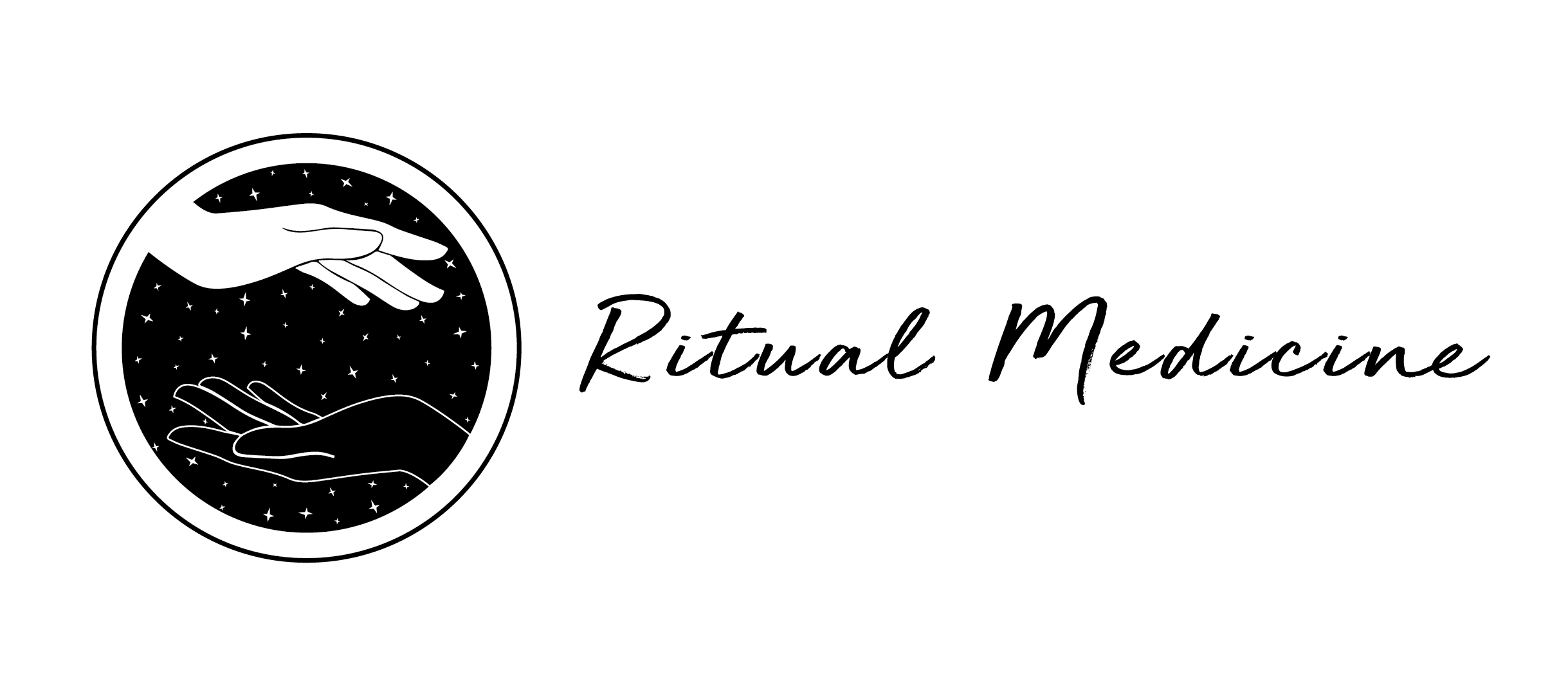
Are you familiar with the spice cinnamon?
You have most likely enjoyed a cinnamon bun, apple pie or chai tea; all of these have a strong cinnamon flavor, but did you also know it is used as a medicinal herb?
Cinnamon is a common house hold spice, often used in powder form. Perhaps you have also seen cinnamon sticks in the spice section of your grocery store. The cinnamon stick is actually the inner bark of the tree which is peeled off and curls up as it dries.
Cinnamon is sweet, spicy, and hot.
Because of these warm and stimulating properties cinnamon is often used to improve circulation (alleviate pain) and ease digestive complaints. It is a powerful antiseptic, and has antiviral and antifungal properties.
There have been numerous clinical studies that show cinnamon can dramatically decrease glucose and insulin levels. Which means it may be a great herb to consider if you are diabetic.
Because cinnamon can also connect with the uterus, both in a warming and invigorating fashion, it can be used to bring on a delayed menstrual cycle but should be used with caution in high doses during pregnancy.
A personal note:
A few years ago, I spent time in India, a country that uses a lot of cinnamon! A woman I met along the way, would have us over a few times a week to practice henna, and would also invite us into the kitchen to help prepare chai tea. Here is a simple and delicious recipe which can be consumed to aid digestion and warm up the body.

- 1 part crushed cinnamon bark
- 1 part crushed ginger root
- ¼ part crushed cardamom pods
- ¼ part cloves
- ¼ part crushed black peppercorns
- 1 tbsp. Black tea (Darjeeling if available)
- Honey to taste
Bring 2 cups of water to a boil, add the first 5 herbs and let simmer about 20 minutes. Remove from heat, add black tea, cover and steep for 5 minutes. Strain, sweeten to taste.






